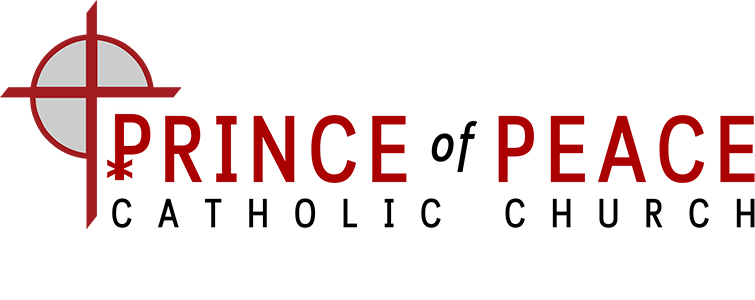Today we begin a new liturgical year and we’re in Cycle C. We hear from the Gospel of Luke almost in its entirety during this year with a few other Gospel writings added in, normally from John. One of the main themes of every Advent is presented in the readings today – “Stand erect and raise your heads because your redemption is at hand.“ (Luke 21:28) As we await Christ’s coming as a commemoration of his birth in Bethlehem, we also await his Second Coming at the end of time. There is also a ‘present’ coming – as Christ comes into our life every time we receive the Eucharist. Are we prepared for these comings? Are we being watchful and alert?
Our opening song speaks of these comings of Christ – ‘Israel’s strength and consolation, hope of all the earth thou art…born a child and yet a King…’ – all referring to his birth at Nazareth. ‘Come thou long expected Jesus, born to set they people free, from our fears and sins release us, let us find our rest in thee...by thine all sufficient merit raise us to thy glorious throne.’ – referring to his Second Coming.
Our song at the preparation of the altar, ‘Christ, Be Our Light’, speaks to the coming of Christ as the One who will lighten the darkness of our lives. The idea of Christ being the Light or the Sun is a common occurrence in all 3 Cycles of Advent.
Our first Communion song, “Behold the Lamb”, evokes the Advent theme of light and darkness throughout the verses as well as the end of time: “all who dwell in God shall come to know his glory.” Our second Communion song likewise pulls on the themes of Advent of Christ’s Second Coming as well as the ‘light’ references: “O come, divine Messiah; the world in silence waits the day when hope shall sing its triumph and sadness flee away. Dear Savior, haste! Come, come to earth. Dispel the night and show your face, and bid us hail the dawn of grace.”
We conclude our liturgy with ‘Waiting in Silence’ – waiting, being watchful in hope, and being prepared. The word ‘maranatha’ is an Aramaic word meaning ‘come, O Lord’ or ‘the Lord is coming’. Let us take the next 4 weeks and truly prepare for Christ’s coming both as a child, in our daily lives in the Eucharist, and at the end of times.
